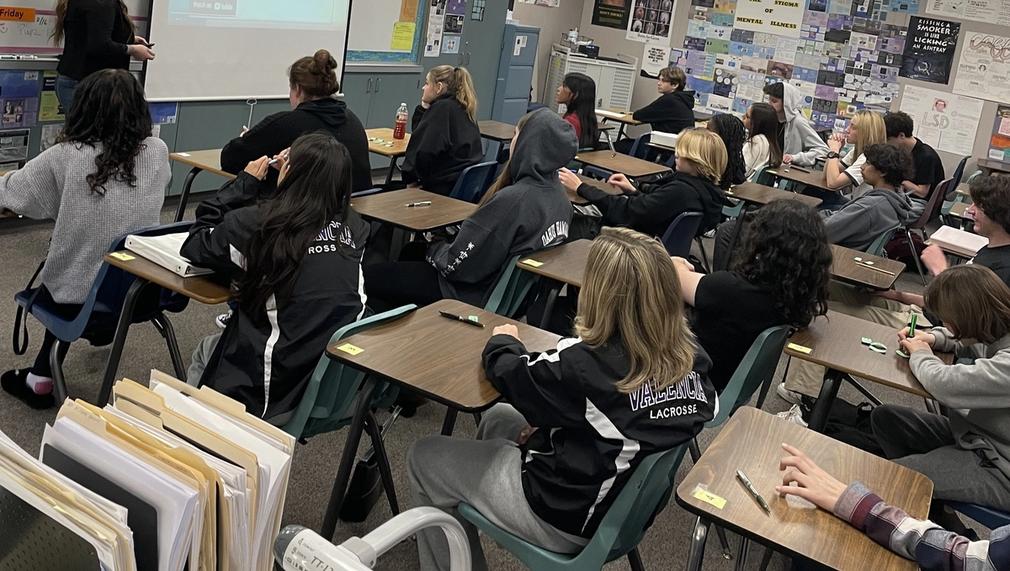Expanding Mental Health Service Capacity with AI
Child & Family Center is a community mental health clinic serving more than 900 clients each month, mostly children. We seek to reduce the administrative burden on mental health clinicians by implementing new AI tools to help them write and review client progress notes. The goal is to increase the proportion of time clinicians are engaged in direct treatment, increase their effectiveness, improve their job satisfaction, and ultimately meet more of the demand for mental health services in the community with existing financial resources.

What is the primary issue area that your application will impact?
Mental health
In what stage of innovation is this project, program, or initiative?
Pilot or new project, program, or initiative (testing or implementing a new idea)
What is your understanding of the issue that you are seeking to address?
Even before COVID, the mental health workforce was insufficient to meet the demand for services. COVID then exacerbated an array of behavioral health problems (mental illness, substance use, domestic violence, etc.), while taking a significant toll on that workforce. As clinicians’ work became even more demanding, many burned out and left the profession. New professionals are not entering the field fast enough to meet demand. Consequently, low-income families facing mental health challenges must often wait weeks or months for service – and often go untreated.
At the same time, the healthcare payment system requires clinicians to spend significant time documenting their work with clients, i.e., writing clinical notes after each session. On average, this takes 14 minutes per hour of treatment, more than 15 hours per month for a typical clinician. It is a burdensome task that clinicians generally dislike, making their job less rewarding while reducing their capacity for direct service.
Describe the project, program, or initiative this grant will support to address the issue.
Child & Family Center (C&FC) seeks to implement AI tools to reduce the time clinicians spend writing treatment notes, and the time spent reviewing them.
C&FC is a certified Medi-Cal/Medicare community mental health clinic, a long-time Department of Mental Health (DMH) contracted provider, and our area’s primary provider for children. We serve 900+ clients each month with outpatient mental health treatment, domestic violence services, family preservation, and substance use disorder programs. C&FC is also a training site for doctoral interns and masters level trainees in behavioral health fields.
Eleos Health is a company developing AI tools to simplify and streamline the administrative demands on behavioral health providers. C&FC has been working with Eleos since April to prepare for the implementation of products to:
1) Generate clinical notes. The Eleos system suggests text that the clinician can customize based on either a live recording of the session or minimal “bullet points” provided by the clinician afterward.
2) Review clinical notes. Our Quality, Training & Compliance (QTC) Department reviews the work of therapists for quality and contract compliance, but does not have the time to review more than 10% of client charts – and each chart includes many notes. The Eleos system (still in development) will be able to review 100% of notes and bring issues to the attention of QTC staff.
Each product will be trained and personalized by staff input, improving as it is utilized.
Describe how Los Angeles County will be different if your work is successful.
AI tools have the potential to significantly address L.A.’s mental health crisis by:
1) Increasing capacity. Reducing note-taking time will result in thousands of additional hours available for clinical treatment.
2) Improving service. Calling attention to patterns, changes, discrepancies and anomalies will inform clinician’s work and focus their supervision on improvement. Specialized trainings can address ongoing issues.
3) Sustaining the workforce. Reducing administrative tasks will improve the job for clinicians and reduce one of the causes of burnout and disillusionment with the field, thus reducing turnover.
C&FC has been a leader in the field for decades, including being one of the first L.A. agencies to adopt an electronic health record system. If we prove the value of these tools for a large DMH-contracted agency, others will follow. Ultimately, with a more robust mental health system, Los Angeles County residents will be happier, healthier, more productive and more resilient.
What evidence do you have that this project, program, or initiative is or will be successful, and how will you define and measure success?
According to Eleos (https://eleos.health/science/), providers who have implemented their programs have experienced a 50% reduction in documentation time, with 90% of notes submitted within 24 hours and a 42% increase in payer-compliant notes (important for billing). At one site, 90% of providers reported feeling less job-related stress – a key factor in reducing turnover.
A randomized study published in the Journal of Medical Internet Research (https://www.jmir.org/2023/1/e46781) found that in Eleos AI-supported therapy, patient attendance was two times higher and symptom improvement (anxiety and depression) was three to four times better compared to treatment-as-usual.
During the grant period, C&FC’s primary measure of success will be clinician productivity (i.e., time spent in direct service vs. other activities), which we track and monitor closely against distinct expectations for each clinician. Our goal is to achieve at least a 25% reduction in documentation time.
Approximately how many people will be impacted by this project, program, or initiative?
Direct Impact: 130.0
Indirect Impact: 6,000.0